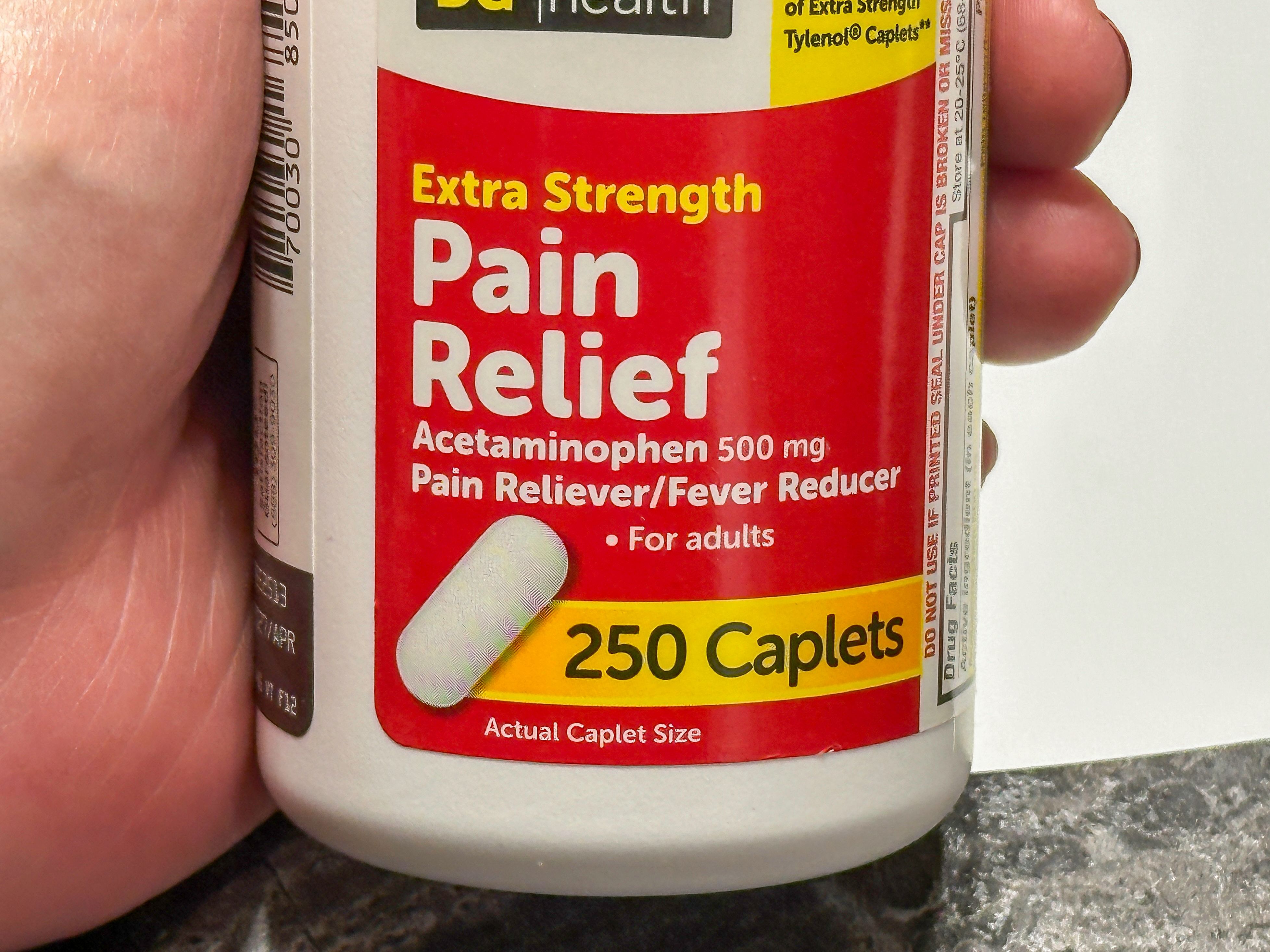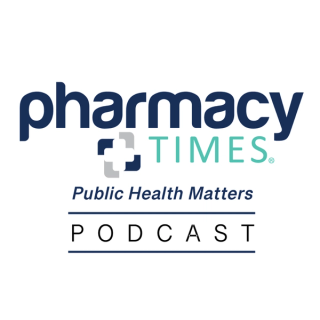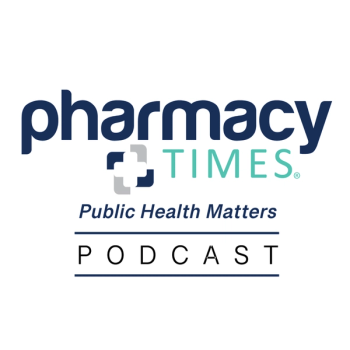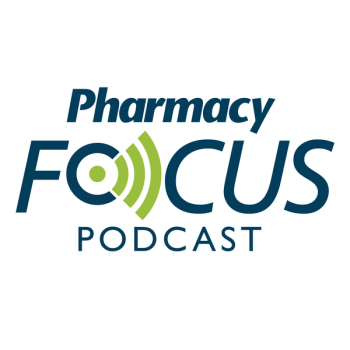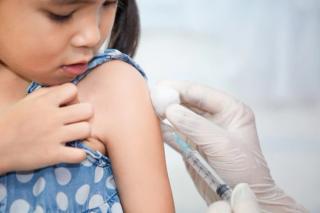
Pediatrics
Latest News

Latest Videos

Shorts




Podcasts
CME Content
More News

Nina Masters, PhD, MPH, explains how early adherence to pediatric vaccines strongly predicts timely measles-mumps-rubella (MMR) vaccination.

Food insecurity and social instability significantly increase long COVID risk in children, highlighting the need for targeted public health interventions.

According to the news release, the manufacturers have 30 days to respond.

Research reveals how eczema's timing and severity influence children's chances of outgrowing food allergies, highlighting the connection between skin health and allergy tolerance.

Subcutaneous copper histidinate injections deliver copper in a form that bypasses the genetic defect caused by Menkes disease.

Gestational diabetes disrupts RNA splicing in the placenta, revealing potential targets for improving pregnancy outcomes.
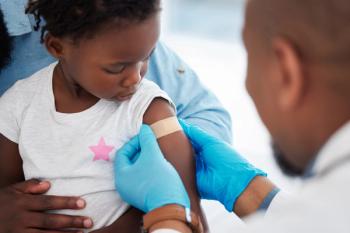
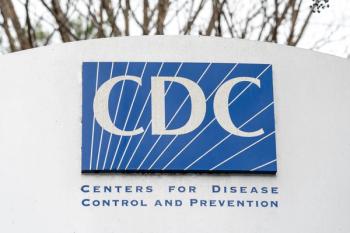
Federal vaccine recommendations for pediatric patients shift dramatically, reducing routine immunizations from 17 to 11, sparking debate on safety and efficacy.

Research reveals that wildfire smoke exposure significantly impacts pediatric asthma control in the northeastern US, highlighting urgent climate health concerns.

Continuous glucose monitoring (CGM) significantly reduces the risk of high birth weight in babies born to mothers with gestational diabetes.

Medication errors are major public health issues, disproportionately affecting populations such as children, Ooder adults, and those with limited health literacy.
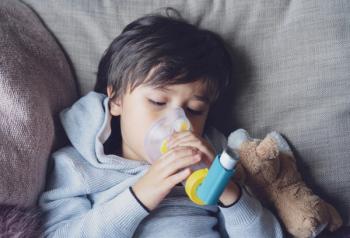
Six months following pneumococcal vaccination, over 70% of patients lost their protective titers, suggesting the need for more optimal vaccination strategies.

The FDA approves Accrufer for children 10 and older, offering a well-tolerated solution for iron deficiency, enhancing pediatric health outcomes.

Previously approved for patients 12 years and older, berotralstat now gives younger patients a treatment option to manage sudden hereditary angioedema attacks.

New findings highlight the need for pneumococcal booster vaccinations in children with sickle cell disease to maintain immunity and prevent serious complications.

The FDA approved etuvetidigene autotemcel, the first gene therapy for Wiskott-Aldrich syndrome, transforming treatment options for affected patients.

Pharmacists debate the effectiveness and ethics of GLP-1 agonists for pediatric obesity, highlighting the need for balanced treatment approaches.
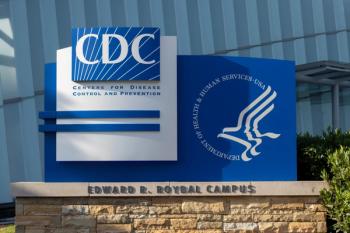
The Advisory Committee on Immunization Practices (ACIP) voted to recommend individual-based decision-making for parents when deciding when or if to give their child the birth dose of the hepatitis B virus vaccine.

A new rapid test for pertussis enables quick diagnosis in as little as 15 minutes, addressing rising whooping cough cases.

Infants hospitalized with respiratory syncytial virus (RSV) bronchiolitis who were born to parents with asthma had a significantly higher risk of later developing asthma, the investigators found.

The FDA approves ruxolitinib cream for treating atopic dermatitis in children, offering hope for millions affected by this chronic skin condition.

A new study reveals fluoride in tap water enhances cognitive performance, debunking claims of its link to neurodevelopmental delays and lower IQ.

New research reveals significant nonrespiratory complications in hospitalized children with influenza, highlighting the need for improved clinical awareness and antiviral treatment.

Counsel patients about effective remedies for pediatric colds, sore throats, and safe OTC options for adults with hypertension to alleviate symptoms.

Amoxicillin is a favorable choice for outpatient use in pediatric patients given its relatively narrow spectrum of activity and palatable formulation.




